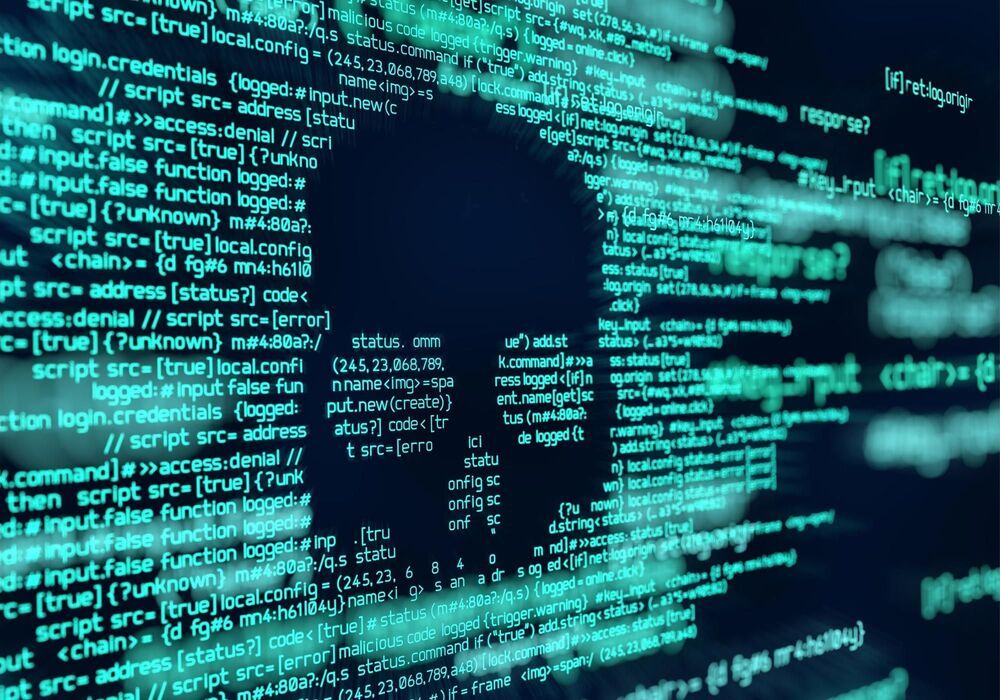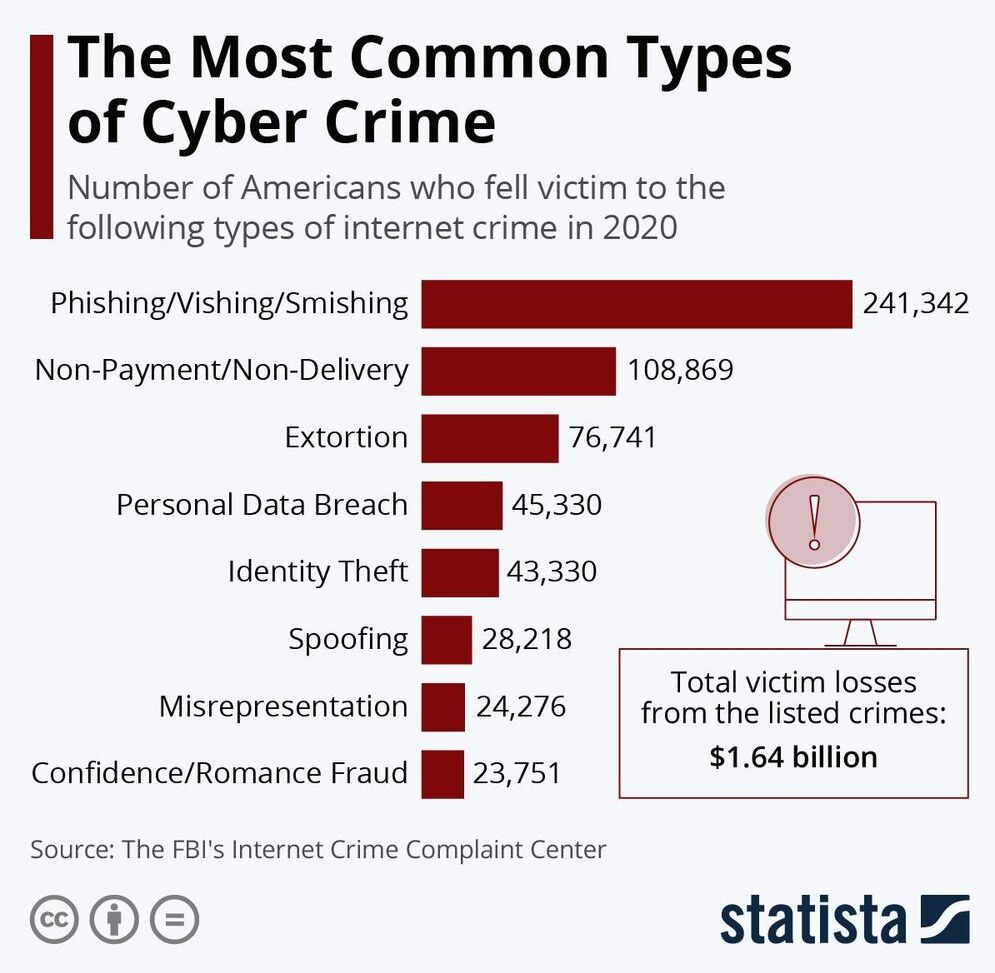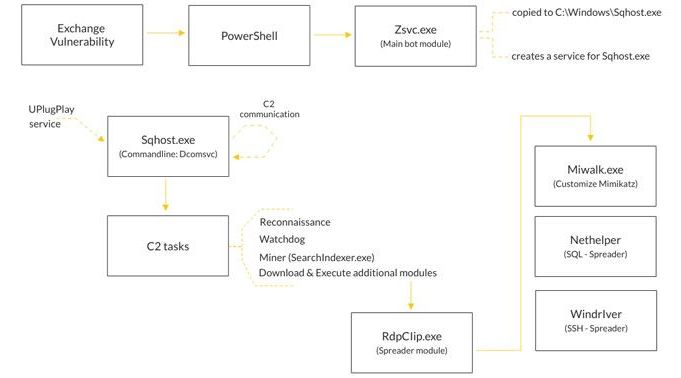Top U.S. fuel pipeline operator Colonial Pipeline has shut its entire network, the source of nearly half of the U.S. East Coast’s fuel supply, after a cyber attack that the company said was caused by ransomware.
The shutdown has raised fears of a price spike at the gas pumps ahead of peak demand summer driving season if it persists, and has drawn attention to how critical U.S. energy infrastructure is vulnerable to hackers.
Colonial transports 2.5 million barrels per day of gasoline, diesel, jet fuel and other refined products through 5500 miles (8850 km) of pipelines linking refiners on the Gulf Coast to the eastern and southern United States.









